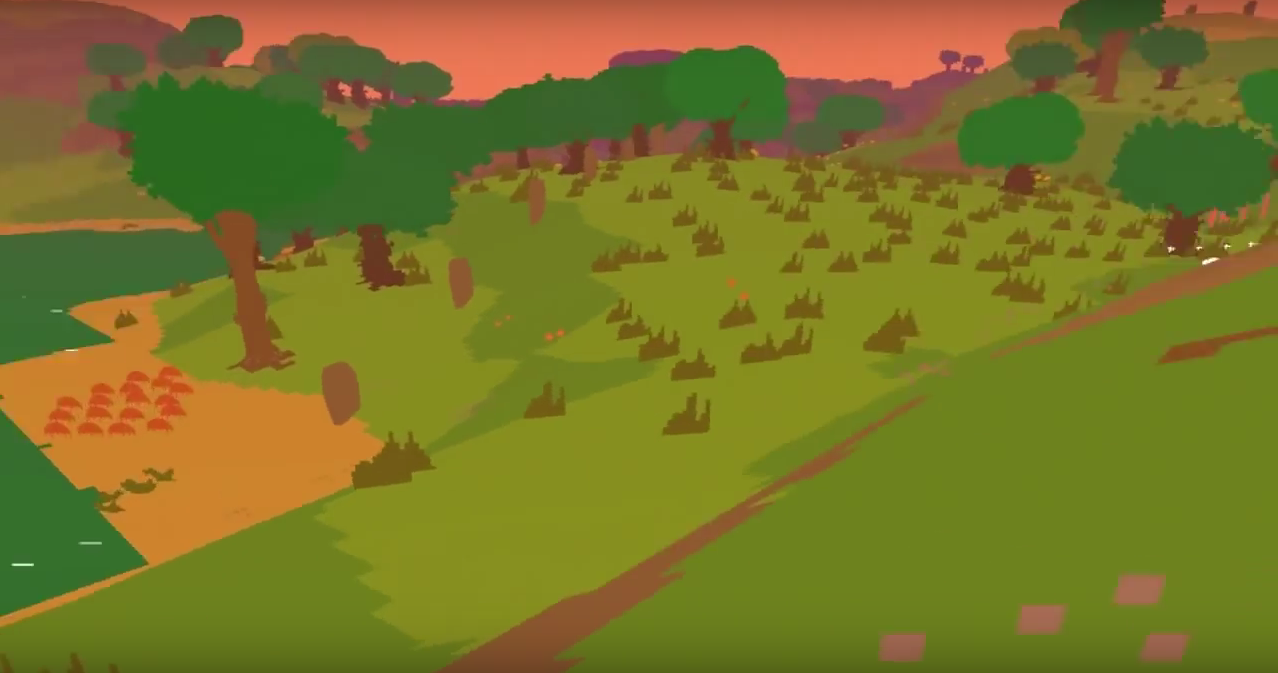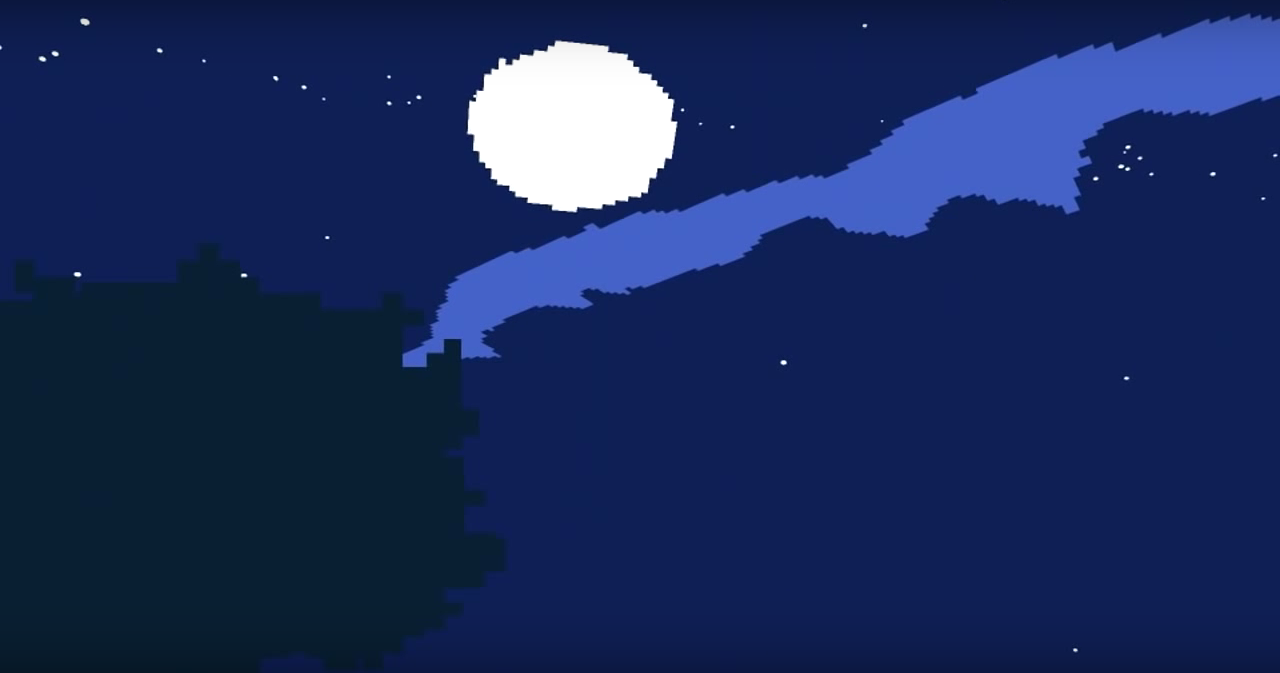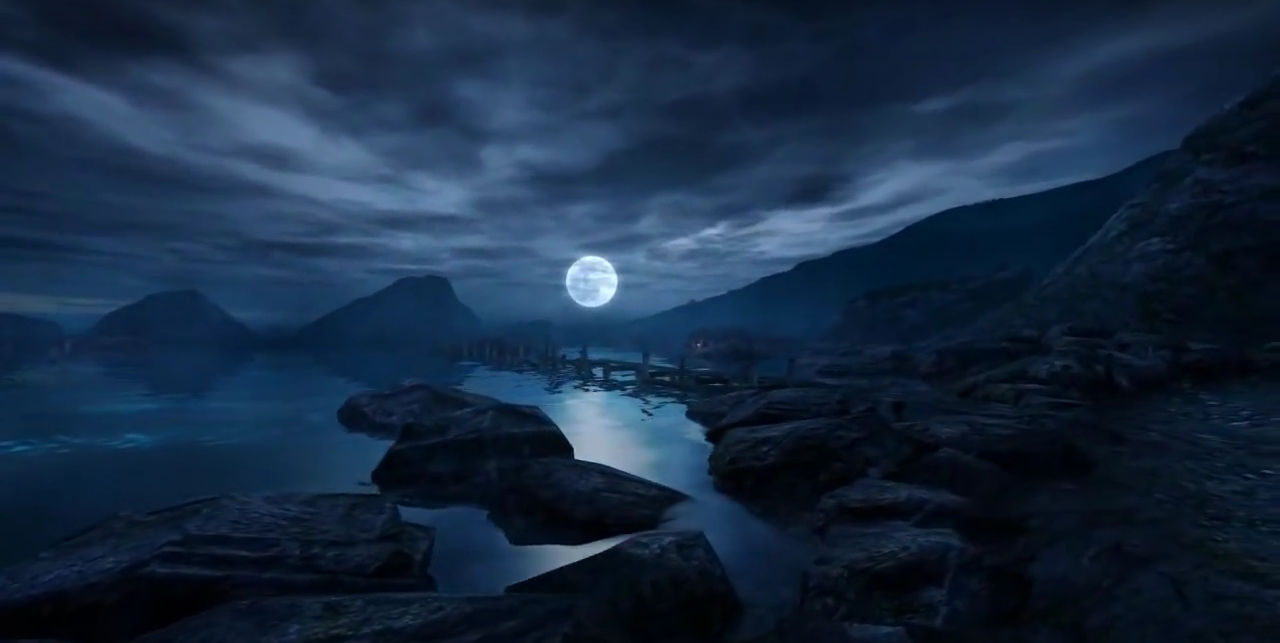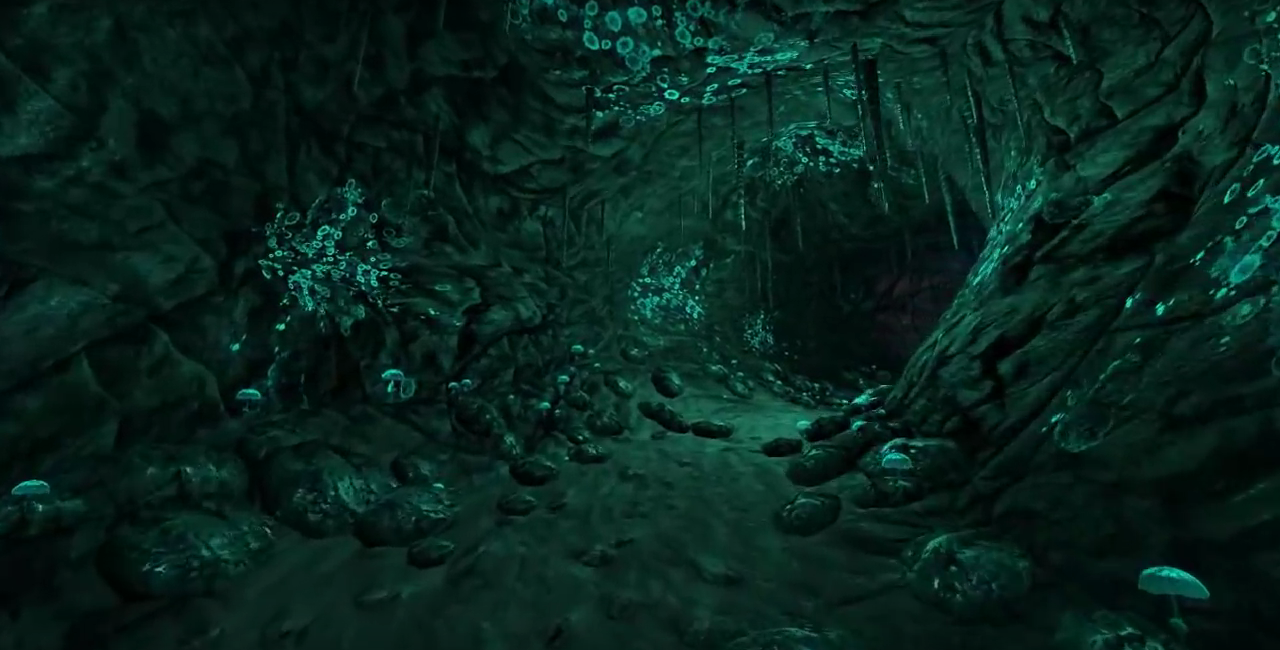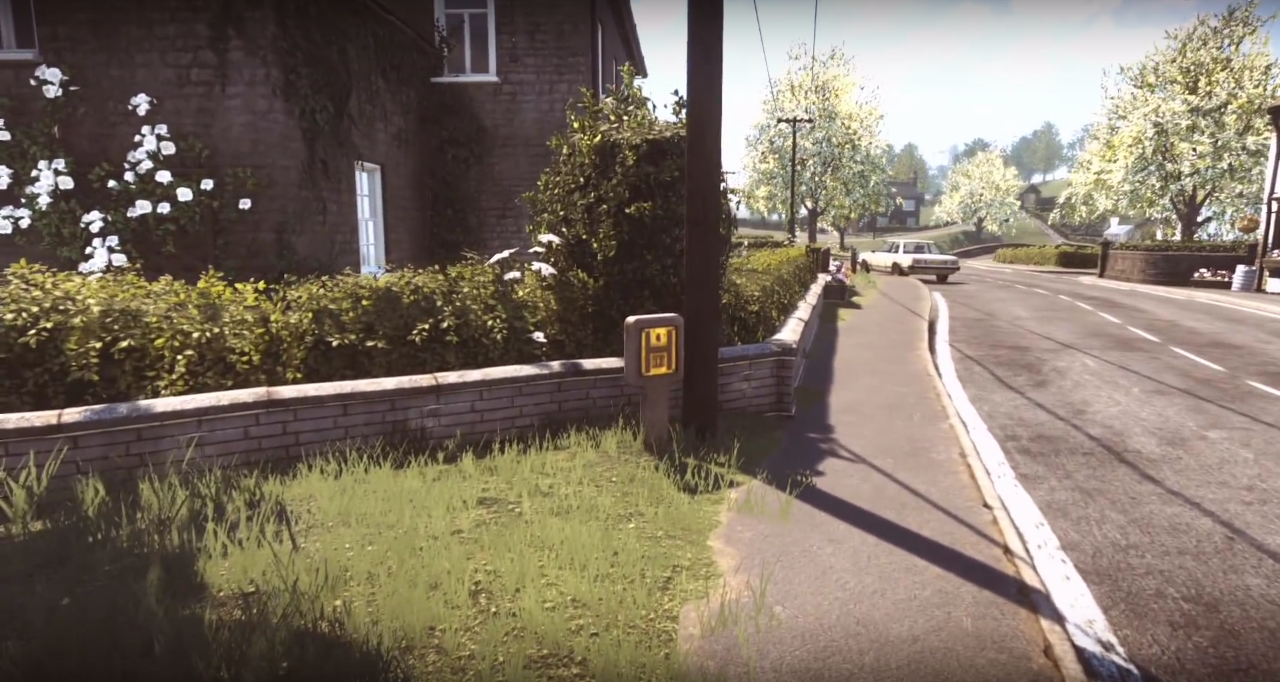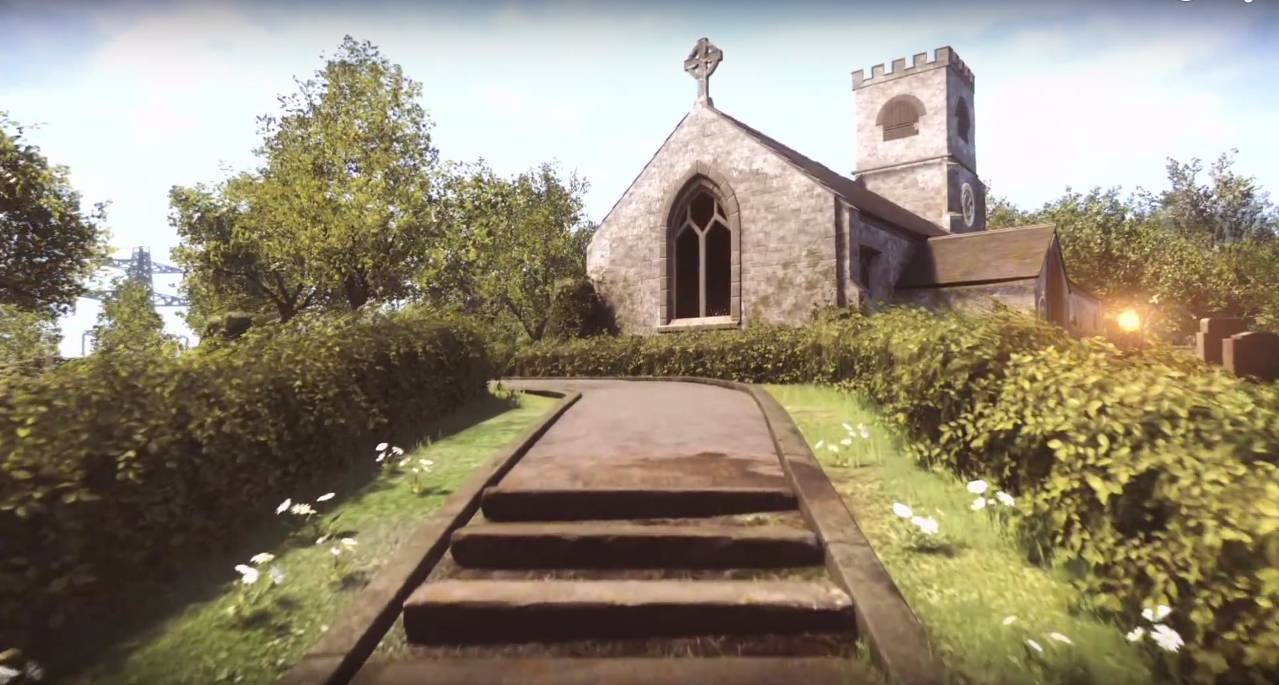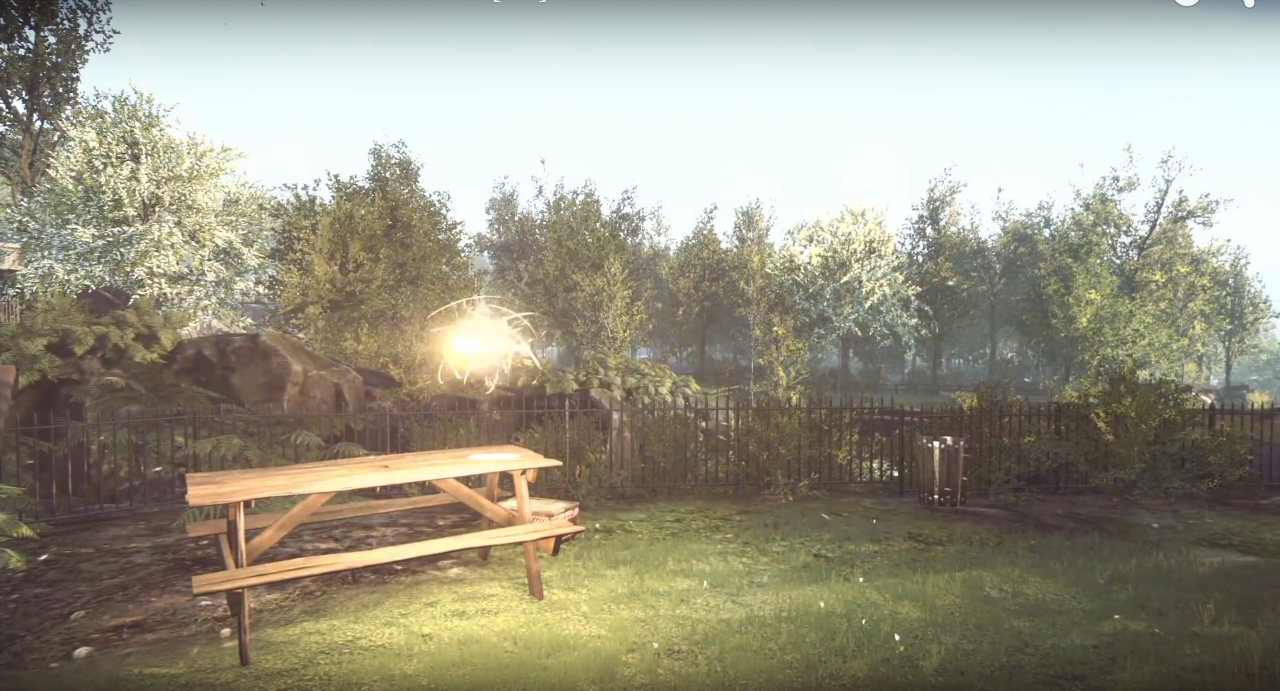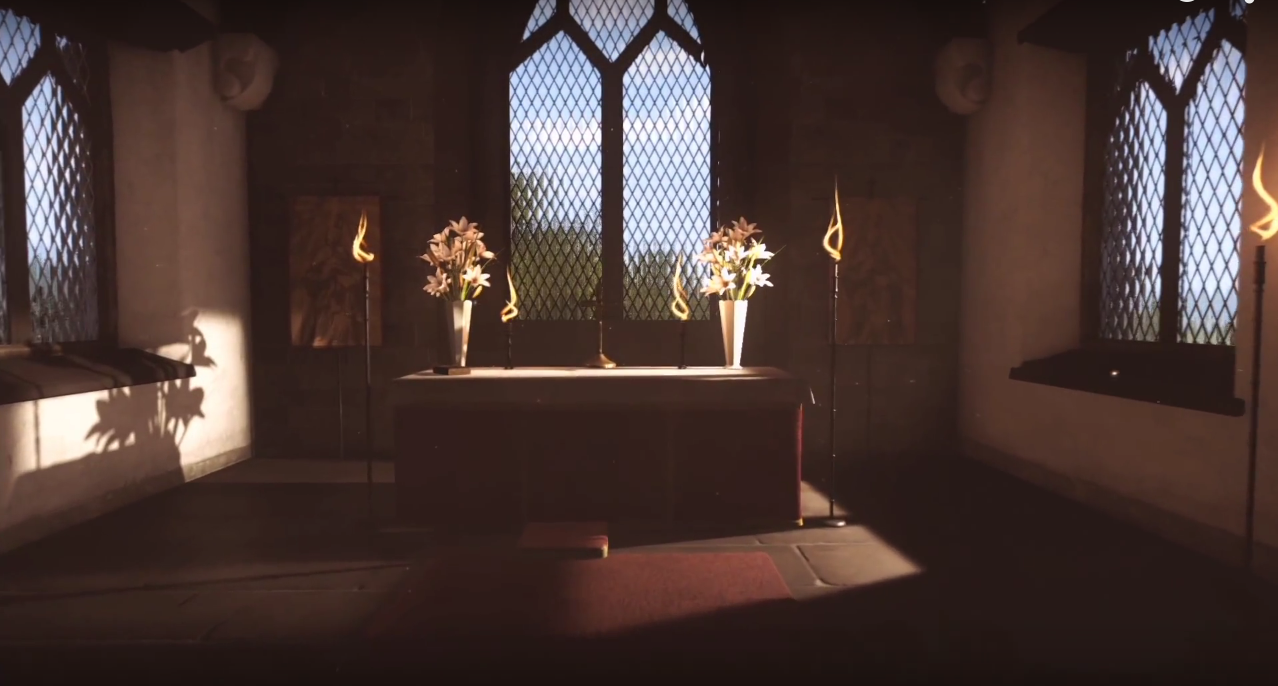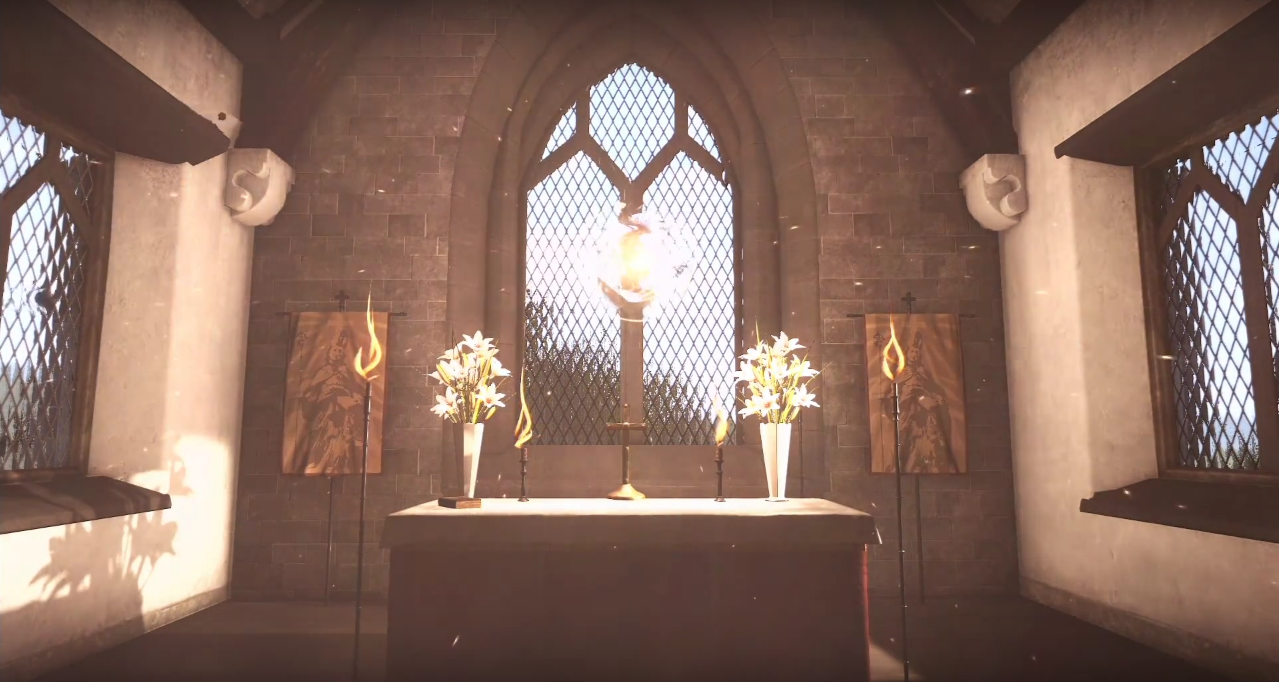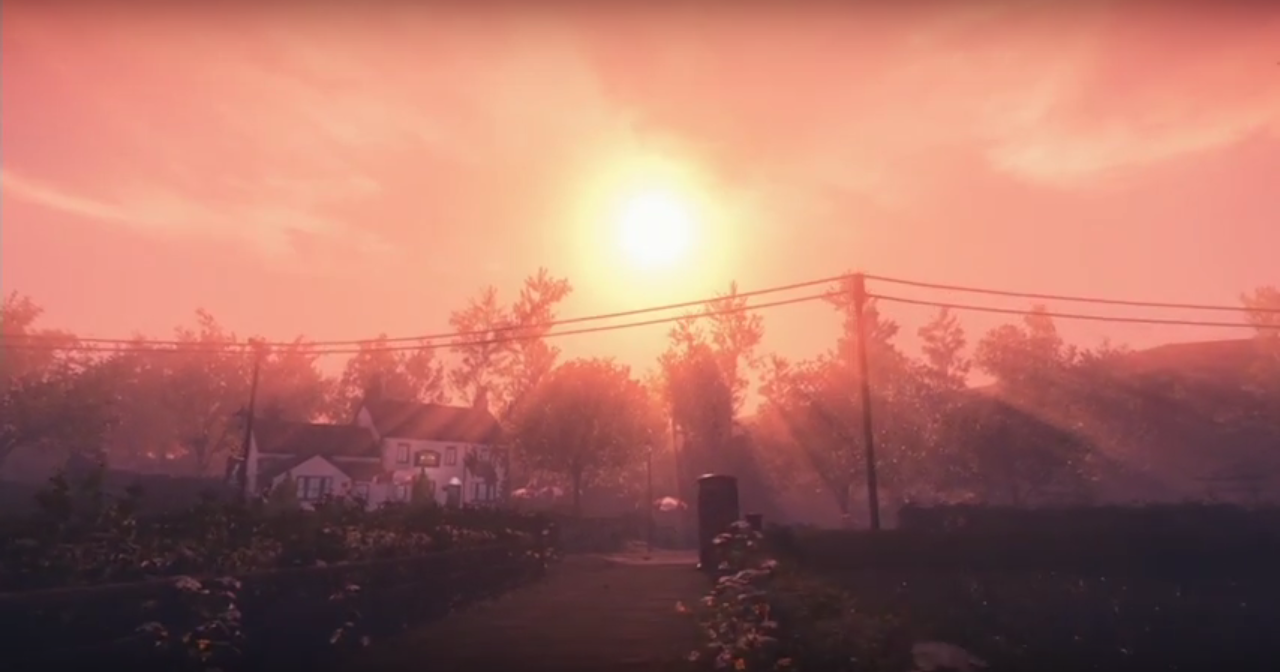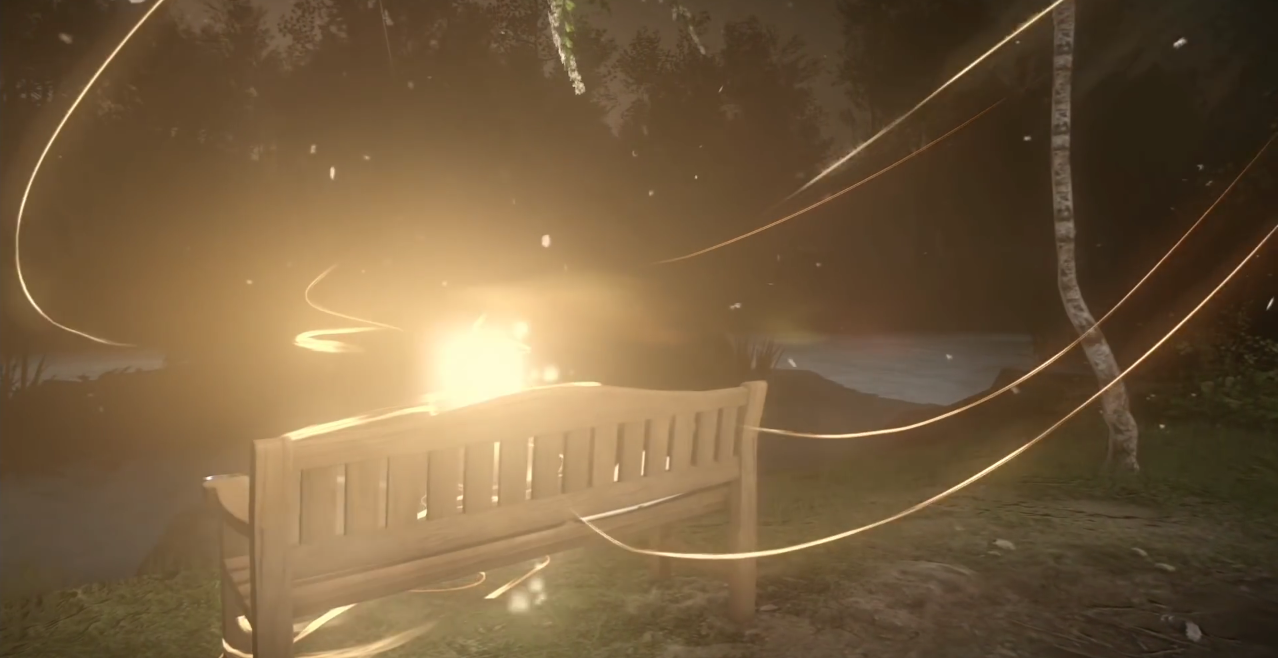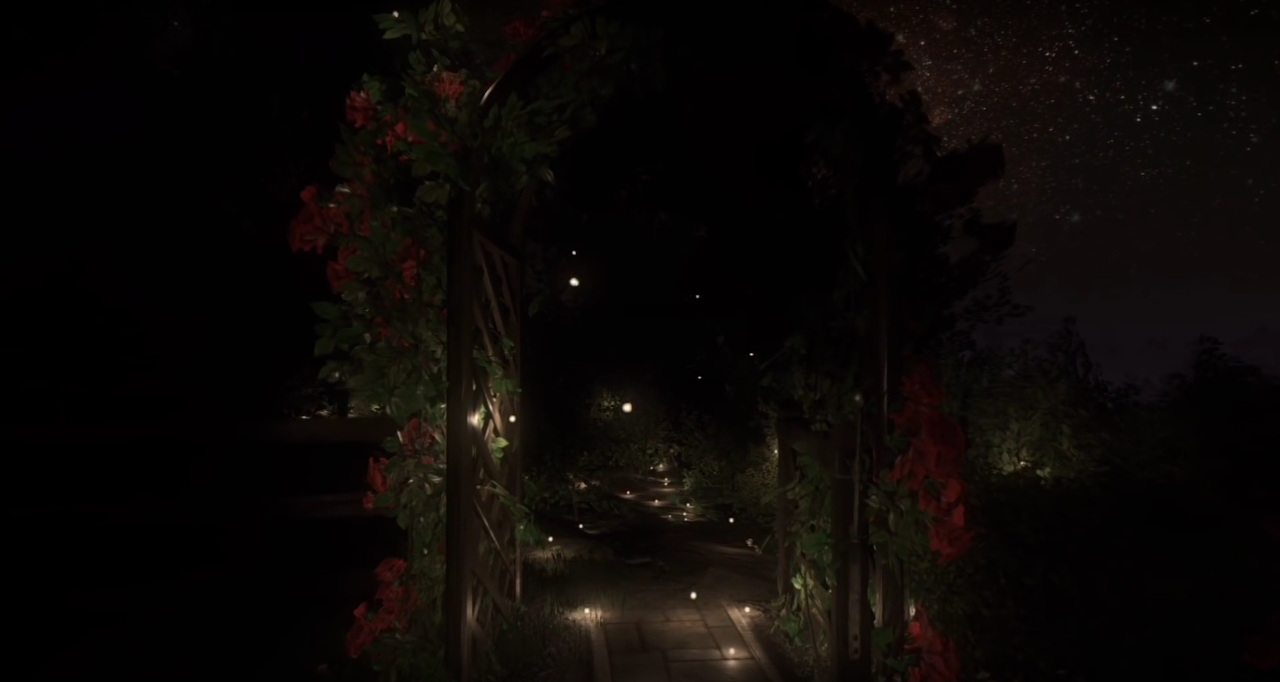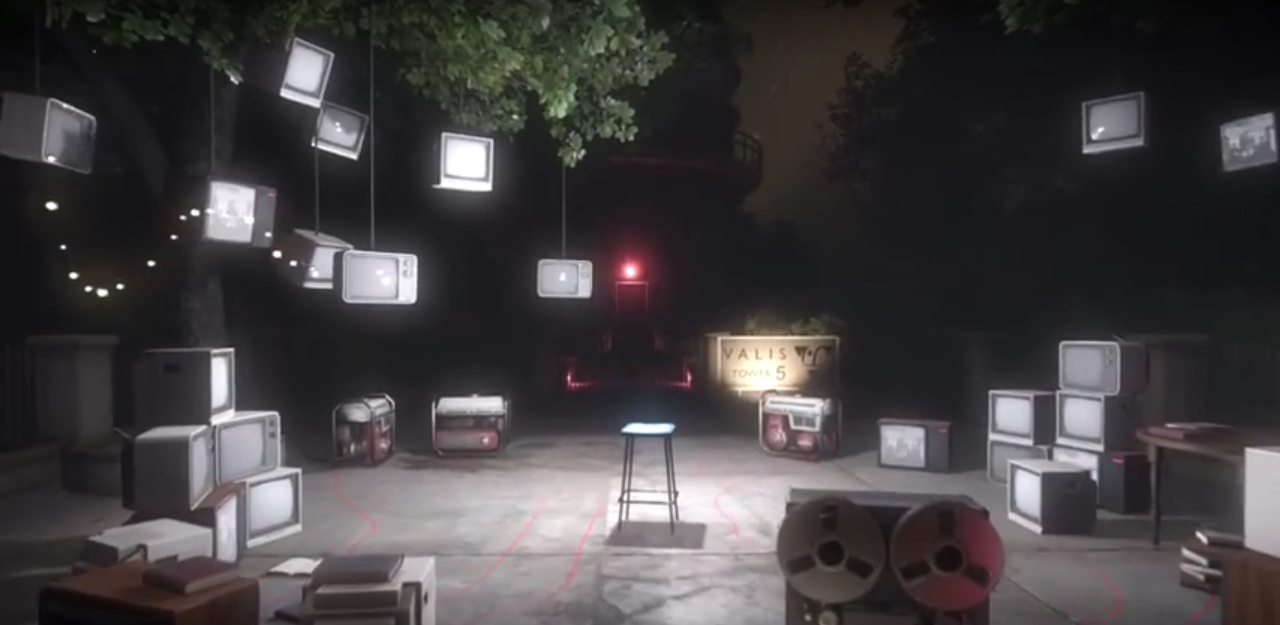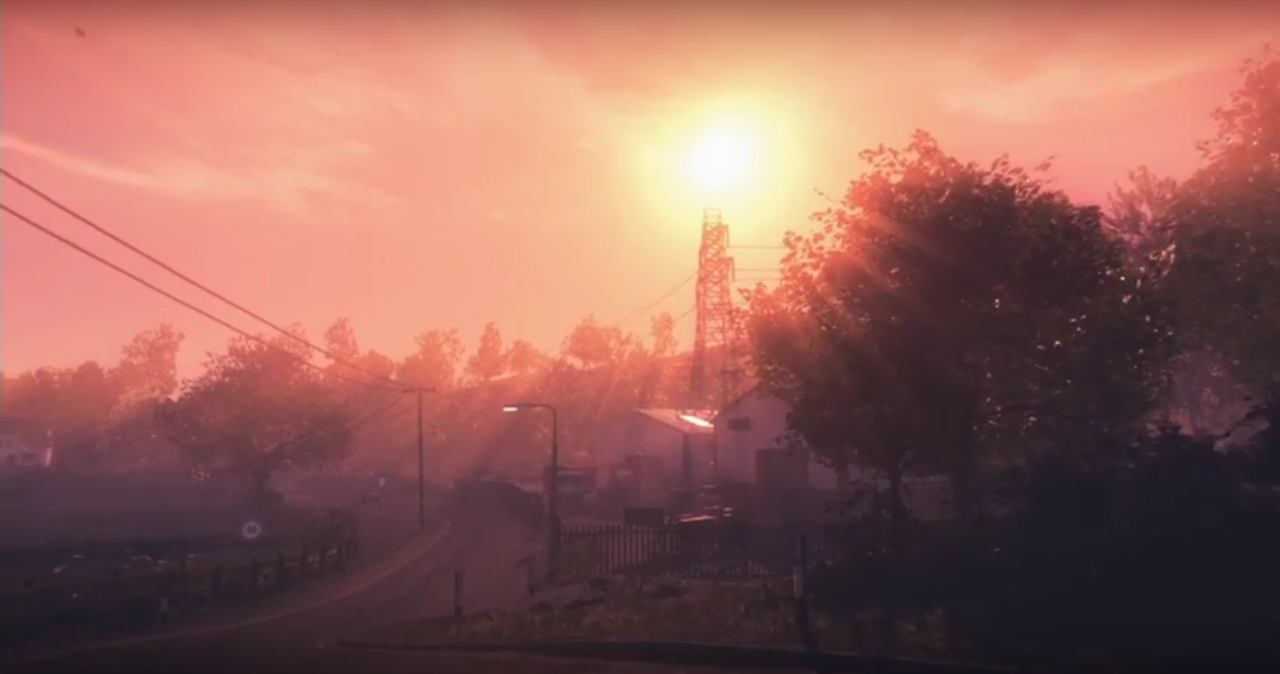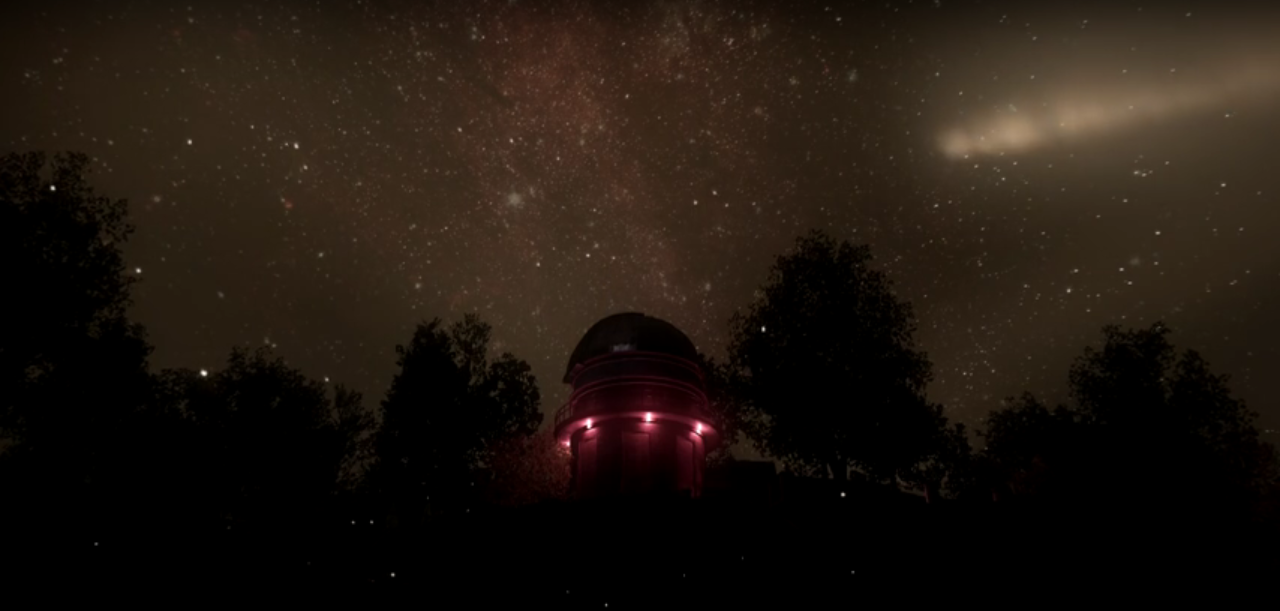The term 'walking simulator' is used to describe a genre of games where a person is asked to explore a setting but there are little to no action buttons to press. As a result many gamers speak of 'Walking Simulators' in a derogotory way claiming that they are not in fact games. It may seem like semantics but how we label the genre implies that all you do is walk from one side to the other in a guided tour fashion. However there is more to these types of games which I will discuss below.
Walking simulators have gone through a bit of a journey themselves, gaining prominence with Dear Esther and Proteus, which initiated the debate on whether they were games or not. The games did well, but some people asked for a refund from Steam, an online gaming marketplace, claiming there was nothing to do and that these were not games.
In these games Ludonarrative is told by journeying through the world and finding elements of the story rather than through traditional storytelling narrative and the players input is often minimal. However I find that they are incredible experiences that reward exploration and discovery to understand the bigger narrative. Often by finding diary entries, audio files and environmental clues you get to understand the mystery box structure of the narrative, told slowly and carefully through the game.
This genres provides immersive worlds to engage and interact with. In the same way that art has many different forms so do computer games. I recently played through The Evil Within and Wolfenstein: The New Blood and whilst I loved those games sometimes it is great to try something more cerebral and emotional. All are games and all deserve their place in the video games landscape- maybe we can reclaim the name 'walking simulator' and turn it into a positive but I prefer the term "Environmental exploration games."
For those who crave action 'walking simulators' may seem a little boring, but for people open to what a game can be and achieve everyone should experience at least one walking simulator. I have just finished playing The Chinese Rooms Everybody's Gone To The Rapture. This game is a stunning example of how an interactive narrative can deliver an emotional pay-off like no other medium.
I won't spoil it for people who haven't played it but the game sets you in an English village where some catastrophe has occurred and you are the lone survivor. You spend the 4 or so hours of the game exploring the village finding orbs of light that relay events which occurred in the village, like a voyeur. It feels almost like survivors remorse in that you hear peoples pains, anguish and worries. There are some profound moments in the game that will stick with me forever, more deeply embedded than some forms of media because I was the active agent that made these things occur. The way the narrative is presented eschews the typical linear chronological route and instead you have to piece things together, like a David Mitchell novel almost, that is quite an achievement.
'Walking simulators' are a wonderful genre of video games and they encourage us to immerse ourselves in new worlds and scenarios. They are rather passive and sometimes that is what I look for in gaming, its a bit of a change from the norm. A palate cleanser if you will.
